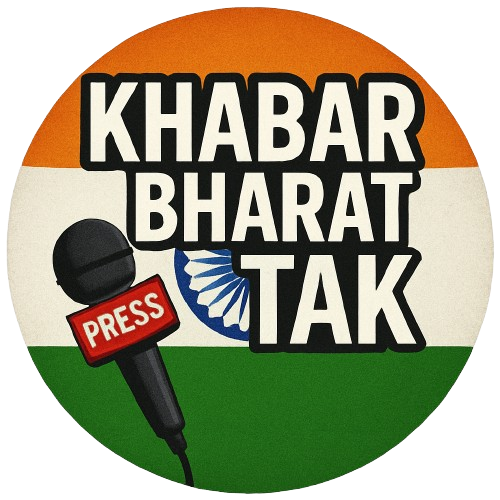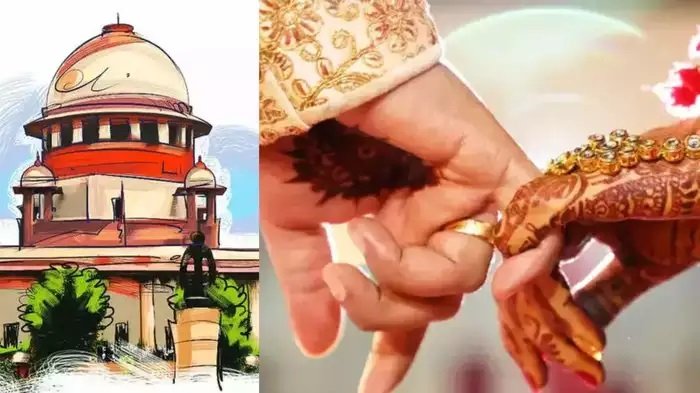In a significant ruling, the Supreme Court has said that secret recordings of phone conversations between spouses can now be accepted as legal evidence in matrimonial cases. The decision could prove to be revolutionary in cases where marital relations have soured and one party is resorting to the recording to prove its claim.
The case was linked to an earlier judgment of the Punjab and Haryana High Court, which said that conversations recorded without the wife’s permission are violative of her right to privacy and cannot be considered as evidence in court.
But a two-member bench of the Supreme Court – Justice BV Nagarathna and Justice Satish Chandra Sharma – overturned the decision, saying that if the marriage has reached the stage that the husband and wife are spying on each other, it itself is a sign of breakdown of relationship and lack of trust.
The court also clarified that Section 122 of the Indian Evidence Act, which deals with marital privacy, cannot hamper the right to bring out the truth in the judicial process. That is, if the spouse presents a recording of the conversation to prove their claim, it will now be legally accepted.
This decision may provide relief in cases where mental cruelty, fraud or other serious allegations are difficult to prove. However, the court also said that it would be necessary to check the authenticity and reliability of such evidence, so that there is no bias in the judicial process.
This decision not only gives a new dimension to the interpretation of matrimonial law but also shows that the right to privacy is not absolute, and needs to be balanced with other legal rights.

